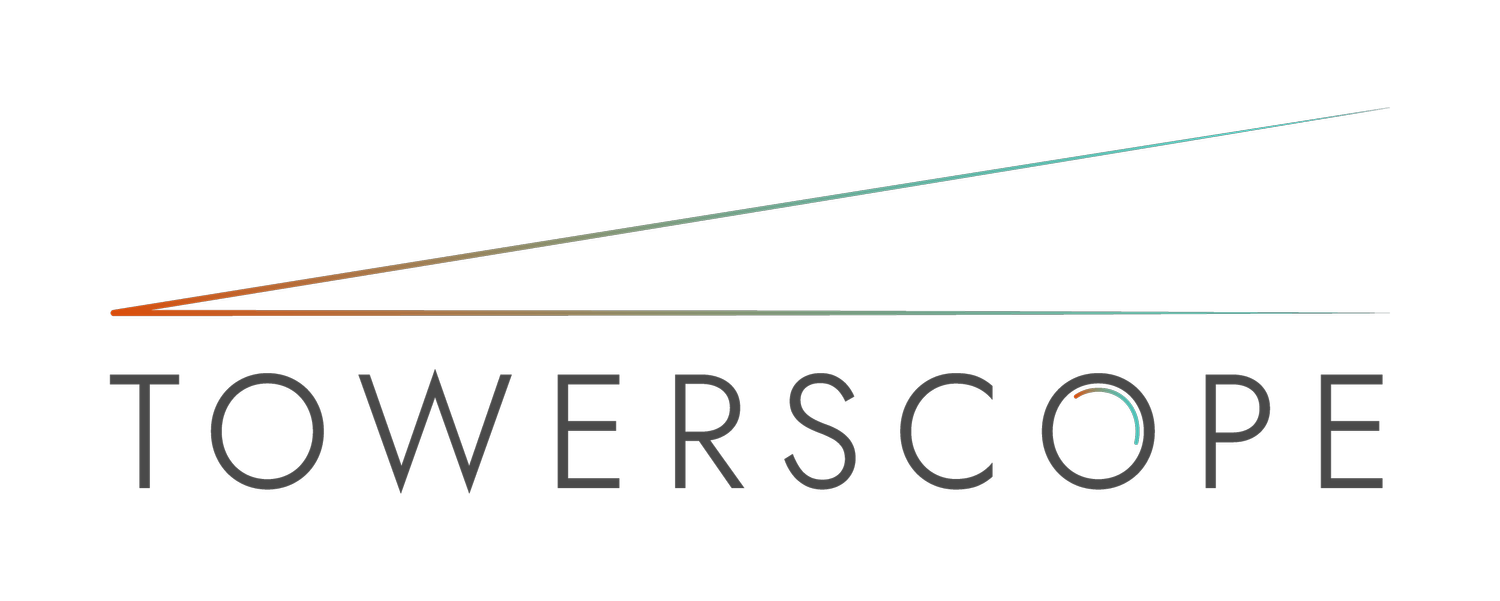This is Part 4 of a 7-part series on leading with knowledge-based power. Find the rest of the series at the bottom of this post.
Three years into my new job as a psychologist supporting a research study, an opportunity for a temporary “stretch” assignment was offered to me that would change my career trajectory forever.
I struggled for days (which is all I was offered) to make a decision about whether to take it. Was I ready? Did I have the skill set to do it? I found the opportunity to be both terrifying and exciting.
I could stay in my comfort zone and keep learning and honing my craft at a slow but manageable pace. Or I could leap in, knowing I’d be treading water in the deep end and that others would most certainly question my ability given my brief career experience.
My supervisor reassured me. He thought I had the right raw materials and skills to learn quickly, so the decision was all mine to make...
I took the leap.
It was hard and scary. I made mistakes. It was a steep learning curve. I needed a lot of mentorship and support. I cried and had many moments of questioning my sanity for having taken it on.
And it was by far the best, one of the most defining career decision of my life, leading me to where I am now.
The more of these direct experiences I have gotten, the better I’ve become as a leader, a manager, and a mentor and coach of others.
The most successful careers require these leaps of faith.
When you are looking to the next step of career advancement, traditional education and mentorship are important, but without experience these two on their own will not be enough.
How much of a leap should you take?
There are certain kinds of experiences that are more valuable than others.
Think of how athletes build strength and endurance:
They push themselves slightly past what they think they can achieve.
They know that a little soreness the next day is an indication of some tearing of muscle fibers that causes muscle growth.
If they try to take on too much too fast, though, that can be a problem.
How do you find a right-sized next-step experience that has elements of what you know with a small portion of elements you don’t yet know?
Like an athlete, you need to maintain and grow your strength and endurance by constantly practicing and challenging yourself.
Let’s take push-ups as an example:
If you can do many push-ups without breaking a sweat, the only way to grow more muscle and avoid plateauing is to add a new challenge. You can add a weight vest, for example, or do them from an elevated position, or start training toward one-armed push-ups.
If you don’t have any experience with push-ups, though, it’s not the time to just jump all in. You’ll feel immediately defeated and give up, thinking (erroneously) that you just can’t do it. Instead, you might first need to start on your knees until you build enough strength to move to using your whole body weight.
It’s not all-or-nothing. So, choose activities that are just outside of, but adjacent to your comfort zone.
In addition, you’d ideally want to use a coach or mentor to help guide, push, and support you when you feel a little overwhelmed or defeated.
How do you know which experiences will be “career-defining”?
Well, you never really know, but there are some good indicators. The right experience will lead to these outcomes:
Stretches you beyond what you think you might be capable of.
Teaches you that you are capable of doing more.
Allows you to test boundaries around your abilities.
Helps you challenge your fears.
Should cause some growing pains – mistakes are rarely pleasant, but they sure do teach us!
The below checklist offers a starting guide for the types of experiences that will lead to the outcomes above – you want to be able to say “yes” to as many of these as possible:
Does it challenge, excite, and scare me a little?
Is it outside but adjacent to my comfort zone?
Could it provide me with greater influence and impact?
Will it force me to face the reality that I may not be perfect and I may have more to learn?
Is there potential for new opportunities that can come from this experience?
Can I apply the same skills I have but in a new context or situation I’m not familiar with?
Will I learn new skills I want but don’t yet have?
Do you have others to add or success stories using these methods? I’d love to hear them!
------
Part 5 of this blog series will be about self-guided self-training, my favorite kind of under-utilized secret superpower for career advancement!
To read the other parts of this series….
Part 1: 3 Models of Power that Break Through Traditional Barriers
Part 2: The Best Time to Seek More Education to Advance Your Career
Part 3: Advancing Your Career Through Informal Mentoring
------
Acknowledgments:
This series was inspired by a talk I did for the local ATHENA Chapter's Emerging Leaders Program about one of their eight leadership principles: Learn Constantly.
A special thank you to Dr. Moira Somers for her guidance in shaping this post.
References
For more reading on this topic, see:
1. Zone of Proximal Development
3. Exposure Therapy
——————-
This post was originally published on Psychology Today on Feb 25, 2020. All rights reserved, Copyright 2020 Mira Brancu/Brancu & Associates, PLLC.


